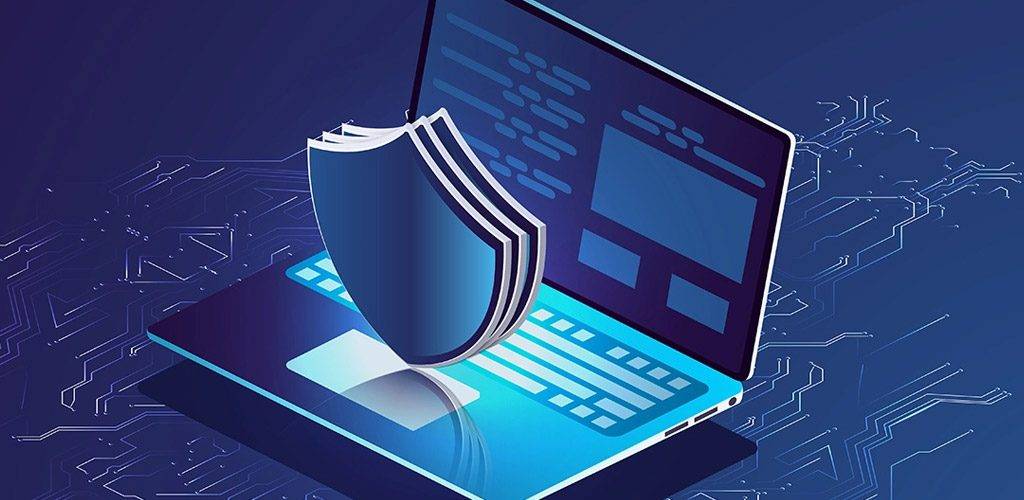Disadvantages of Free VPNs in 2024
In today’s digital era, safeguarding online privacy and security has become a paramount concern for internet users globally. Virtual Private Networks (VPNs) have risen as a favored solution for ensuring privacy and accessing restricted content. Despite their advantages like encryption and anonymity, it’s crucial to acknowledge that not all VPN services are equal. This article delves into the drawbacks of utilizing free VPNs and why they might not be the optimal option for securing your online endeavors.

Limited Features of Free VPNs
Bandwidth Caps
Free VPNs often impose limitations on the amount of data you can use each month. Once you exceed the allocated bandwidth, your connection may be throttled, leading to slower speeds or complete disconnection.
Restricted Server Locations
Unlike premium VPN services that offer a wide range of server locations worldwide, free VPNs typically have a limited selection of servers available. This restriction can hinder your ability to access content from specific regions.
Security Risks
Logging and Selling Data
Many free VPN providers log user data and sell it to third parties for marketing purposes. This practice compromises user privacy and defeats the purpose of using a VPN for anonymous browsing.
Lack of Encryption Protocols
Some free VPNs skimp on essential security features, such as robust encryption protocols. Without proper encryption, your data is vulnerable to interception by hackers and cybercriminals.
Intrusive Ads and Pop-ups
Free VPN services often bombard users with advertisements and pop-ups, which can be highly disruptive and diminish the overall browsing experience. These ads may also contain malware or phishing links, posing additional security risks.
Unreliable Performance
Overcrowded Servers
Due to the high demand for free VPN services, their servers are often overcrowded, resulting in slower speeds and frequent disconnections. This can significantly impact your ability to stream content or engage in online activities seamlessly.
Slow Speeds and Disconnections
In addition to overcrowded servers, free VPNs may suffer from inconsistent performance, leading to frustratingly slow connection speeds and frequent disruptions.
Privacy Concerns
Tracking User Activity
To generate revenue, some free VPN providers track user activity and sell this information to advertisers. This blatant invasion of privacy undermines the very purpose of using a VPN to protect personal data.
Selling Data to Third Parties
Free VPNs may monetize user data by selling it to third parties, including advertisers and analytics firms. This practice not only compromises user privacy but also exposes sensitive information to potential security breaches.
Limited Customer Support
Free VPN services typically offer minimal customer support compared to their paid counterparts. If you encounter technical issues or have questions about the service, you may struggle to find timely assistance.
Data Throttling
Some free VPN providers engage in data throttling, where they intentionally slow down your internet connection after you’ve used a certain amount of data. This practice can severely impact your browsing experience and make it difficult to access bandwidth-intensive activities like streaming or gaming.
Blocked Access to Streaming Services
Many streaming platforms, such as Netflix and Hulu, actively block access from VPN servers. As a result, free VPN users may find themselves unable to bypass geo-restrictions and access content from different regions.
Conclusion
While free VPNs may seem like an attractive option for protecting your online privacy and accessing geo-blocked content, they come with significant drawbacks that can compromise your security and browsing experience. From limited features and intrusive ads to privacy concerns and unreliable performance, free VPNs often fail to deliver the level of protection and convenience offered by premium services. Investing in a reputable paid VPN service is a smarter choice for ensuring reliable performance, robust security, and dedicated customer support.
Frequently Asked Questions (FAQs)
While not all free VPNs are inherently insecure, many do pose significant risks to user privacy and security due to data logging and lack of encryption.
Paid VPN services typically offer stronger security features, better performance, and dedicated customer support, making them a more trustworthy option for protecting your online activities
When selecting a VPN provider, consider factors such as encryption protocols, server locations, customer support, and user reviews to ensure you’re choosing a reputable and trustworthy service
While VPNs can enhance your online security and privacy, they’re not immune to risks. It’s essential to choose a reputable VPN provider and stay informed about potential vulnerabilities and threats
